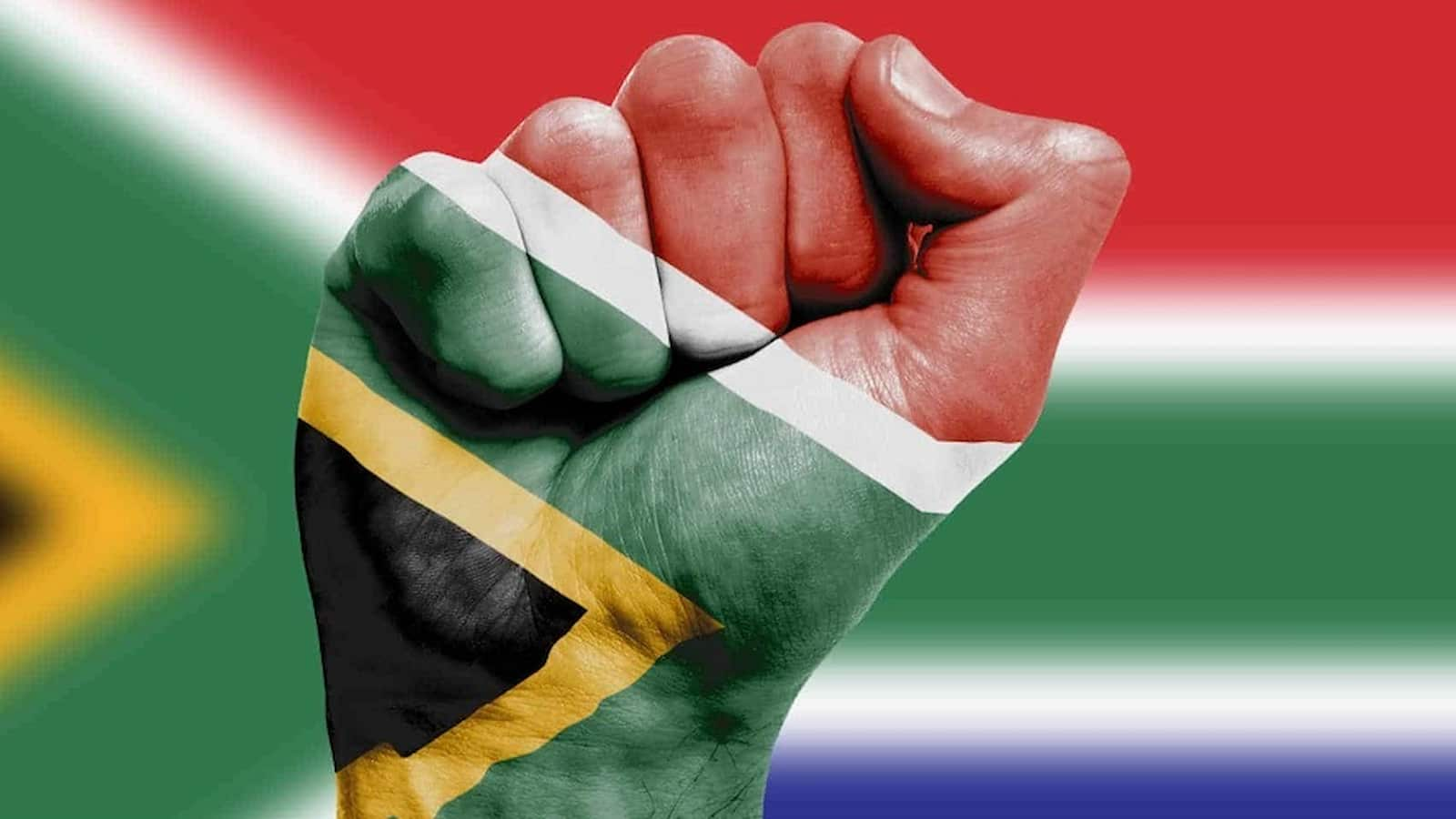Human Rights Day South Africa 2024 (South Africa): Human Rights Day South Africa, observed annually on March 21, is a significant national occasion that encourages citizens of South Africa to reflect upon the hardships and compromises made in the pursuit of democratic governance and the safeguarding of human rights within the nation.
Expanding on the infamous tragic occurrences of March 21, 1960, during which the police at Sharpeville fired and killed 69 peaceful Pass Laws protesters and injured 180 others, the heinous transgression of human rights became known as the “Sharpeville Massacre.” At present, human rights violations against the vulnerable and marginalized are pervasive.
Human Rights Day South Africa History
The United Nations officially ratified the “Universal Declaration of Human Rights (U.D.H.R.)” on December 10, 1948. This global treatise establishes thirty fundamental rights for all individuals, including but not limited to humanity, freedom, justice, and peace. In South Africa, the most prevalent human rights that have been infringed upon are those about equality, equitable labor practices, inadequate access to health care, water, food, and social security, the right to just administrative action, and rights concerning arrest and detention.
The apartheid system and racial segregation were both supported by the Native Laws Amendment Act of 1952, also referred to as pass laws. Under this legislation, blacks were denied their rights, restricted to permanent residence in urban areas, subject to movement restrictions, and mandated to carry a reference book at all times. A black individual was not permitted to remain in urban areas for more than 72 hours, unless exempt from this requirement by Section 10. Dreadful repercussions ensued from the inability to produce the reference book.
Motivated and indignant by the mistreatment, disregard, and humiliation, the Pan Africanist Congress (P.A.C.) voted on March 21, 1960, to initiate an anti-pass campaign in which all African men present themselves for arrest while assembling without permits. Advocates overran police stations in townships adjacent to Johannesburg, including the Sharpeville police station. It was at this station that the final fatal strike was delivered; the police opened fire on the peaceful protesters, resulting in the deaths of 69 individuals and the injuries sustained by 180 others. The occasion was subsequently dubbed “Sharpeville Day.”
Human Rights Day in South Africa originated with the nation’s inaugural democratic election, which resulted in the election of anti-apartheid revolutionary and statesman Nelson Mandela as the nation’s first democratic president. Human Rights Day was formally designated a national holiday on March 21.
Wellderly Day 2024 (US): FAQs, Dates, History, Activities, and Facts About Aging and Health
National Supreme Sacrifice Day 2024 (US): History, FAQs, Activities, and Dates
National Lacy Oatmeal Cookie Day 2024 (US): History, FAQs, Dates, Activities, and Facts
FAQs for Human Rights Day South Africa
What is the significance of Human Rights Day in South Africa?
Human Rights Day in South Africa is significant in history because it commemorates a turning point on March 21, 1960, when the oppressed took to the streets in Sharpeville to fight for equality against apartheid-era pass laws through demonstrations. On March 21, which is Human Rights Day, 69 protesters were slain in selfless acts of sacrifice that paved the way for the liberation that the nation now enjoys.
What was the theme for Human Rights Day in South Africa in 2021?
The Year of Charlotte Maxeke: Promoting Human Rights in the Era of COVID-19.
In what manner did South Africa observe Human Rights Day 2021?
On March 21, virtually, in the Eastern Cape, as a result of the pandemic.
Observing Human Rights Day in South Africa: A Guide
Strengthen yourself
Acquire knowledge regarding human rights by consulting available literature, documentaries, and other relevant sources. A stroll down memory lane fosters an understanding of the effort that went into the movement and provides tremendous motivation to continue its legacy.
Inform the populace
Individuals who are unaware of their liberties are incapable of discerning oppression. Information is crucial. Facilitate public awareness regarding the significance of being informed about one’s rights through the organization of a reading of the “Universal Declaration of Human Rights.”
Participate in the struggle
Participate in the campaign to empower our world by lending your voice. There are numerous initiatives available; consider volunteering or donating instead if volunteering would be too much for you to handle. Regardless of the path you choose, join the movement.
HUMAN RIGHTS DAY SOUTH AFRICA DATES
| Year | Date | Day |
|---|---|---|
| 2024 | March 21 | Thursday |
| 2025 | March 21 | Friday |
| 2026 | March 21 | Saturday |
| 2027 | March 21 | Sunday |
| 2028 | March 21 | Tuesday |


















